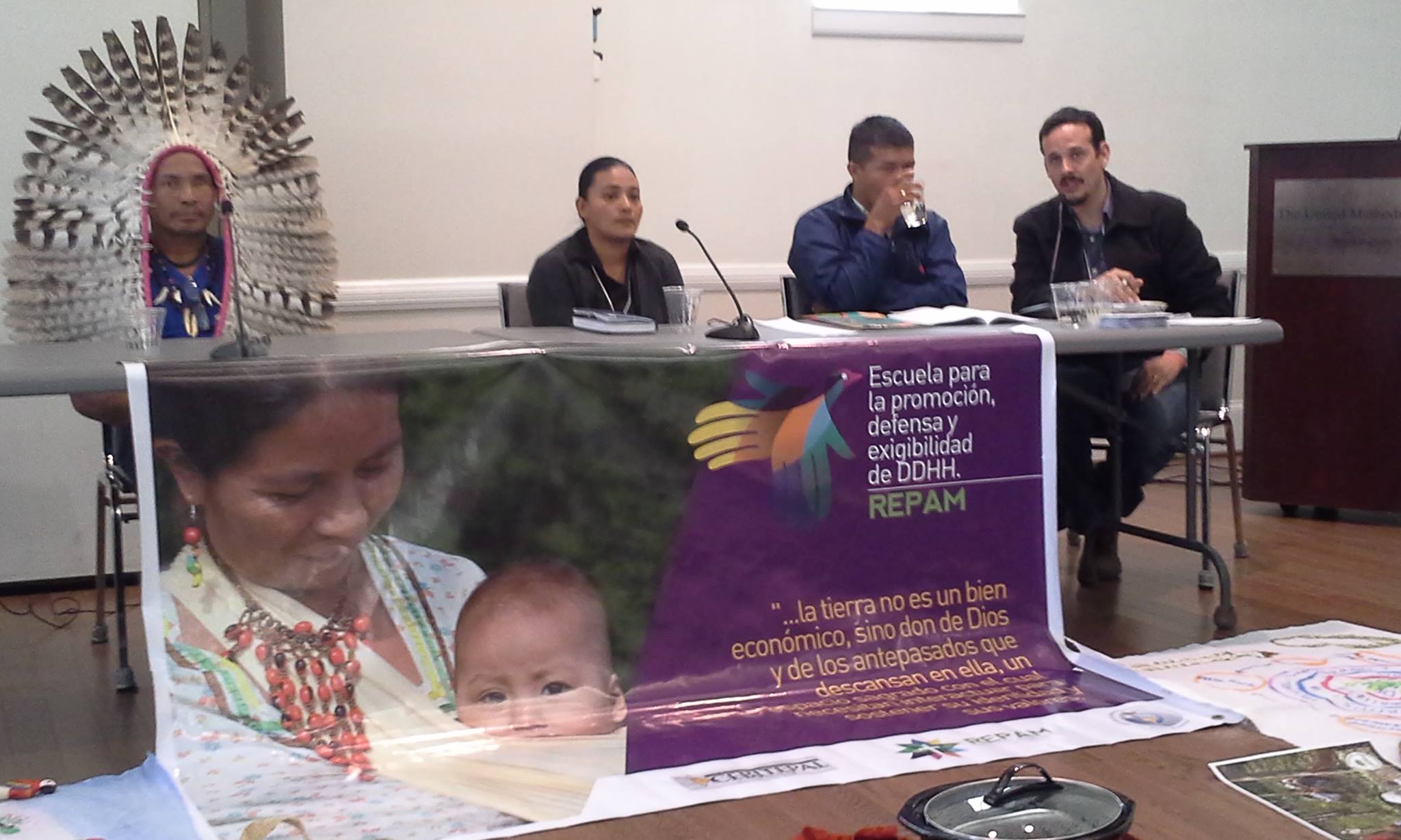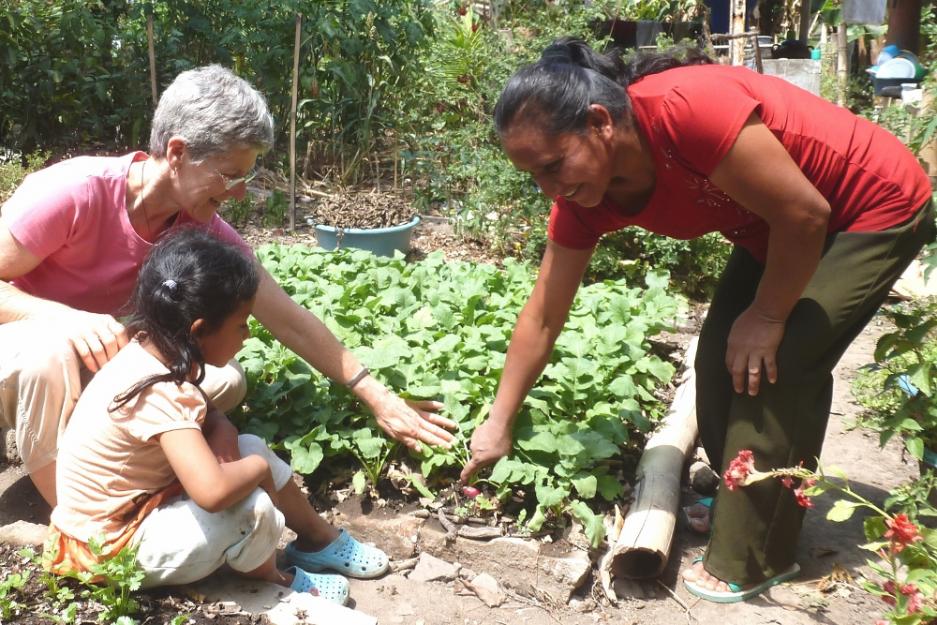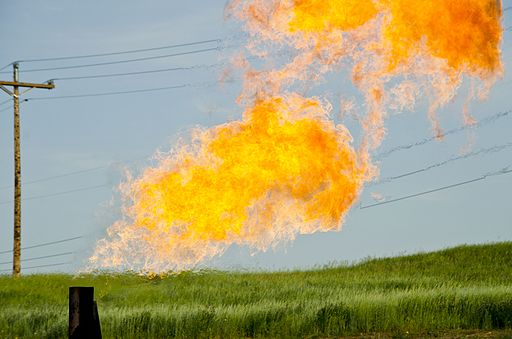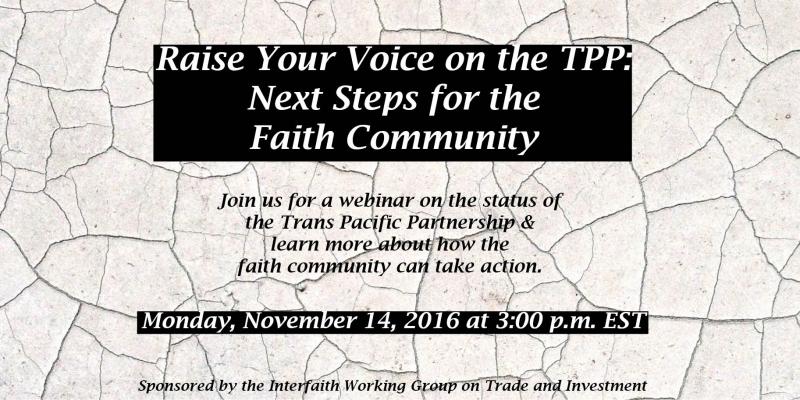Ask your governor to say “We Are Still In” the Paris agreement
Don’t give up hope! We will move forward with the world to address climate change. Take this first step by sending a letter to your governor today.
Examples of other issues we work on include anti-racism, the response to HIV/AIDS, and human trafficking, among others.

Don’t give up hope! We will move forward with the world to address climate change. Take this first step by sending a letter to your governor today.

In this issue of Encounters, we examine of the organizational structure of the most advanced alternative economic system in the world – the solidarity economy in Brazil.
The Trump administration announced plans to renegotiate NAFTA.

In this issue of Encounters, we look at the need to build an energy democracy and some of the places where it is already happening.

For the first time in six years, the United Nations has declared that a situation of famine exists on the continent of Africa.

In March, the Maryknoll Office for Global Concerns supported two delegations from Latin America who spoke at separate hearings at the Inter-American Commission on Human Rights in Washington, D.C.

After a 12-year campaign, Salvadoran lawmakers have voted to ban mining for metals. The following article was written by Pedro Cabezas, coordinator of the International Allies against Metal Mining and originally published on Inequality.org.
The city government in Portland, Oregon is trying to address economic inequality by raising corporate taxes on companies whose CEOs make significantly more than their employees.

Saturday, April 29, in Washington, D.C. and cities around the world.

In this issue of Encounters, we examine one of the most advanced alternative economic systems in the world – the solidarity economy in Brazil.
World Water Day is March 22. Laudato Si’ and Water: Maryknoll Lay Missioner Flavio Rocha writes from Brazil, where the poor quality of the water (due mainly to residential and industrial sewage contaminating rivers, lakes and nearby ocean waters) received international attention during the 2016 Summer Olympic Games in Rio de Janeiro. Rocha examines the…

With the start of the new Trump Administration, Congress has gone to work dismantling agency rules directed at the fossil fuel industry.

A group of conservative leaders recently shared a plan to decrease carbon emissions that could change the political possibilities for climate action.
Barbara Fraser, a returned Maryknoll Lay Missioner, writes from Peru about the misery and death caused by oil companies on indigenous communities.

The Senate is expected to debate today (Feb. 2) and vote early tomorrow morning (Feb. 3).

Now that the TPP deal is signed, Congress has to approve it. This is the time to raise our voices for economic justice.

Now that the TPP deal is signed, Congress has to approve it. This is the time to raise our voices for economic justice.

The government of El Salvador recently won a long-running legal battle when an international trade tribunal ruled that it did not have to pay compensation to a mining company that was denied a permit to drill for gold. El Salvador declared a moratorium on mining concessions in 2009, in an attempt to protect its water supply from being pollution, despite having previously signed international trade agreements.